Science Articles
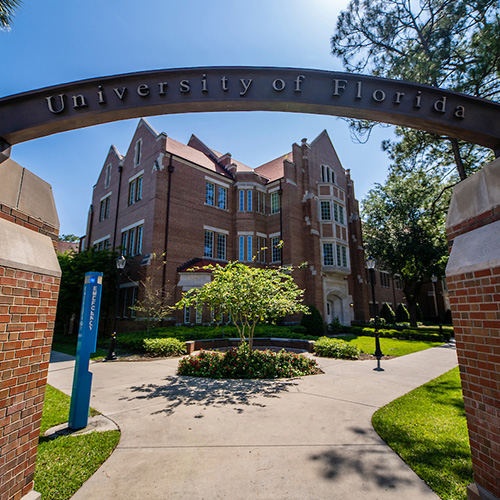
The team of scientists and engineers will help develop the next generation of nuclear forensics specialists

A fossil turned out to be just a beehive, and the correction puts the geologic and life history of India back into contention
.jpg)
A device developed at the University of Florida for the U.S. military provides protection from mosquitos for an extended period and requires no heat, electricity or skin contact.
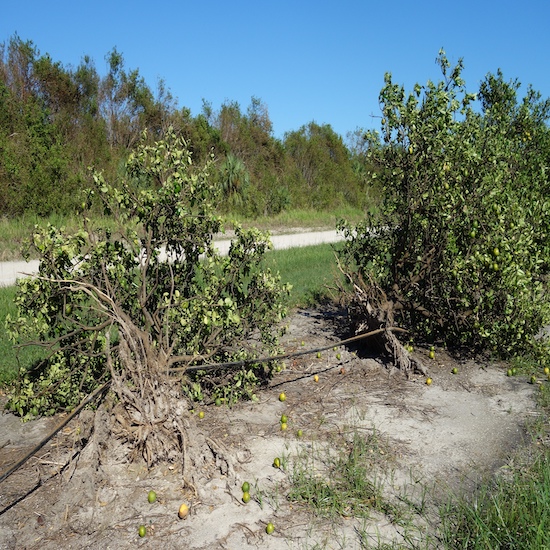
University of Florida scientists usher in future for growers by developing model using artificial intelligence technology to count damaged or dead crops following extreme weather events, such as Hurricane Ian.
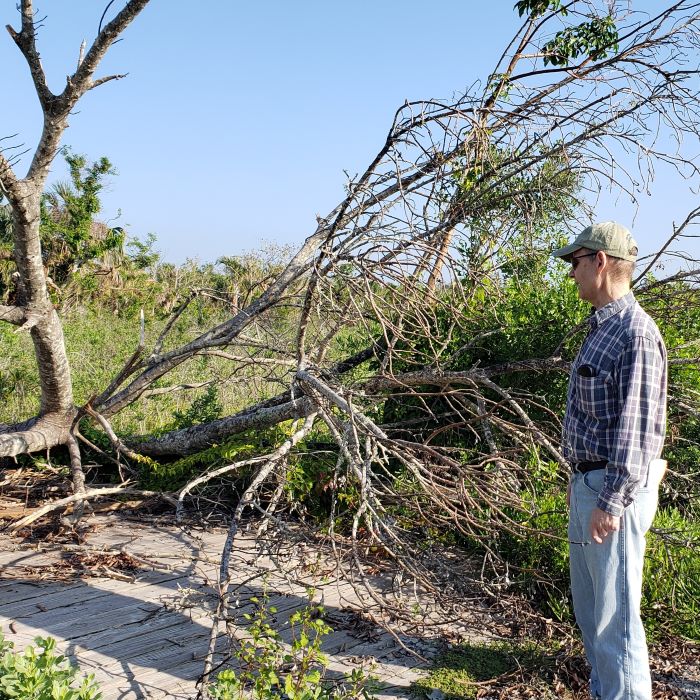
Indigenous Calusa heritage in South Florida was damaged by Hurricane Ian. Scientists will study the damage to preserve the sites.
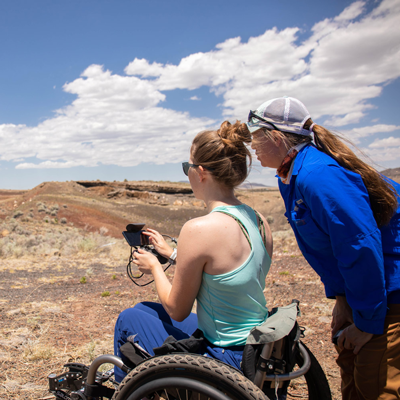
A groundbreaking field camp by a UF geologist opens Earth sciences to students with disabilities.

Newly published study work shows that managers are likely to express bias, particularly in implicit forms.
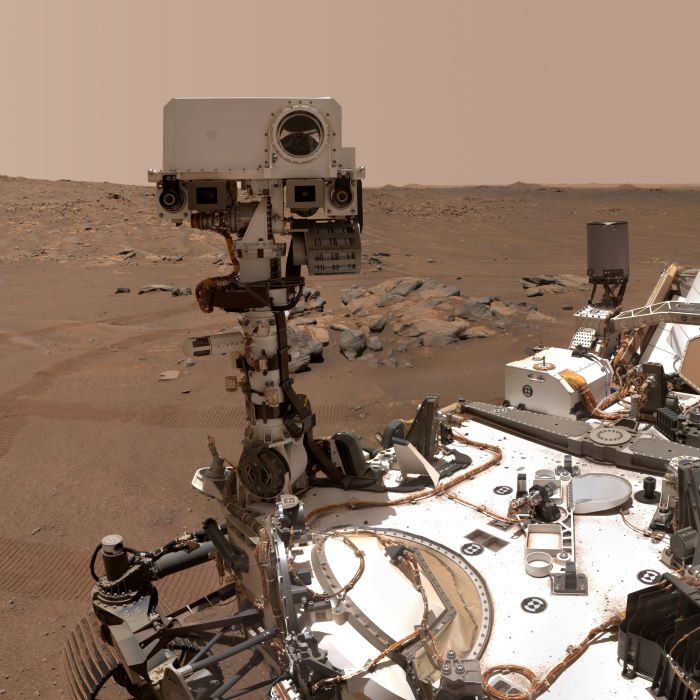
These kinds of organic molecules could have given rise to life on the red planet.
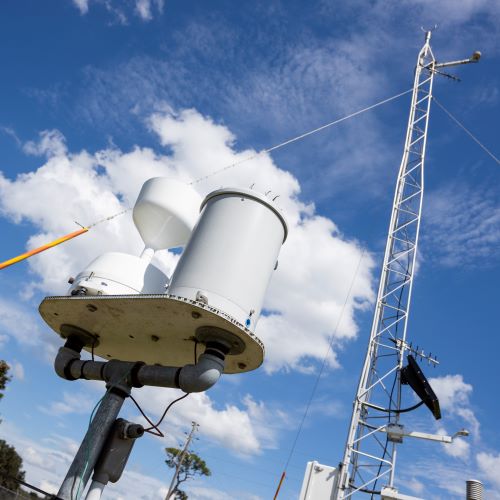
As UF/IFAS Florida Automated Weather Network (FAWN) adds stations across the state, the director answers questions about this network of weather stations in place to provide crucial data to agricultural producers.
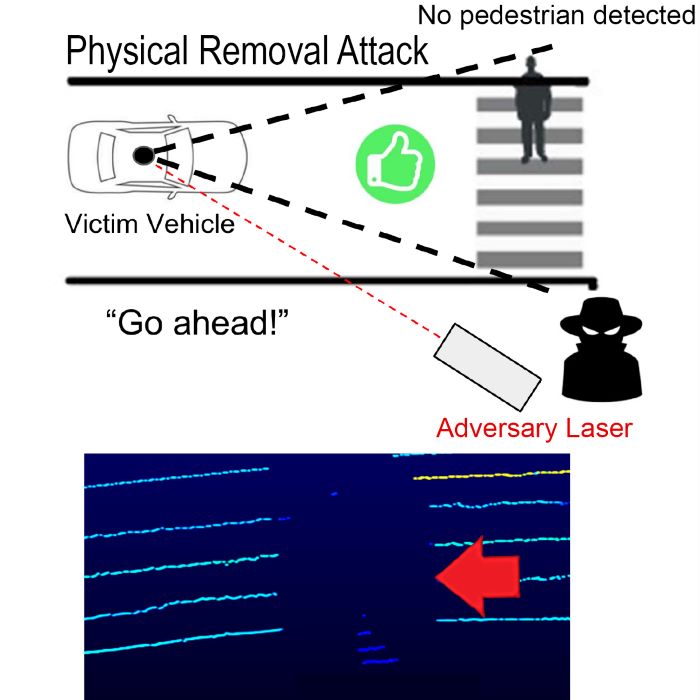
In a first, a vulnerability in lidar sensors allows lasers to delete obstacles like moving pedestrians.
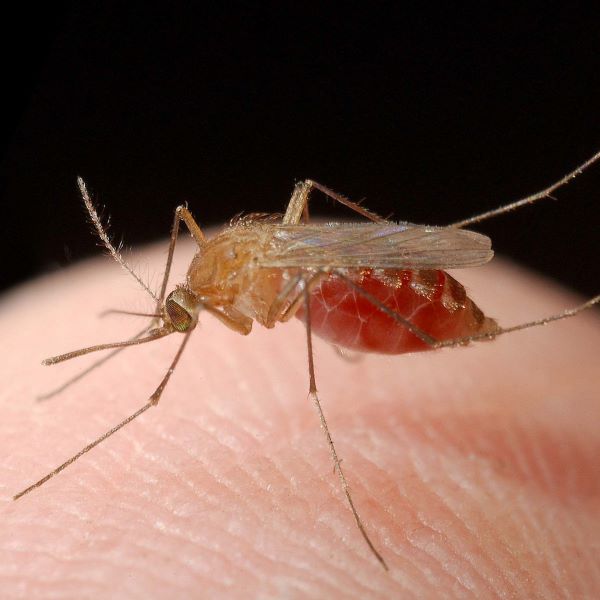
More than 100,000 Inzecto Mosquito Traps have been donated to Florida communities to help fight the surge of mosquitoes swarming to standing floodwaters left by Hurricane Ian's rain and storm surges.
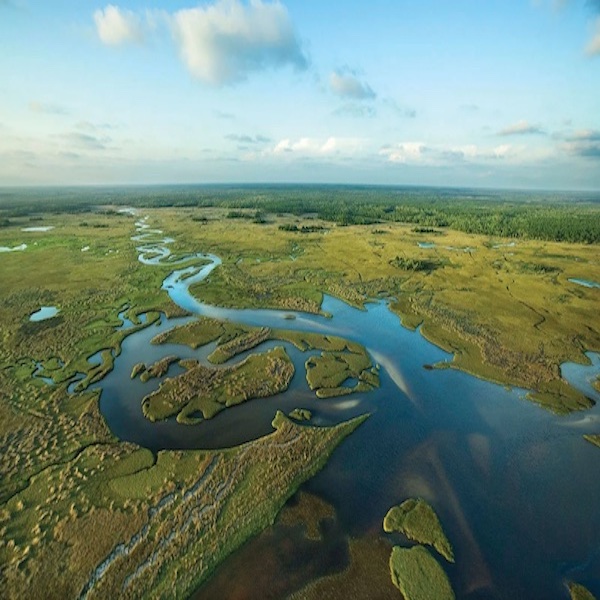
UF Professor Tracie Baker joins a team of explorers in a dangerous trek across the Florida Everglades to to study human impact on the world's largest subtropical wilderness
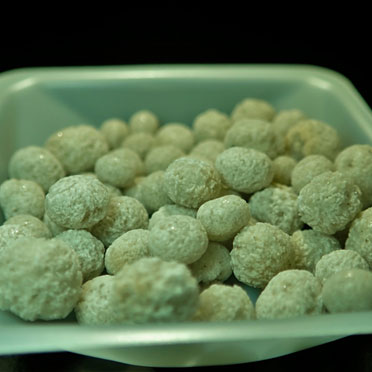
Seagrass success is threatened by a few factors, including human activities like boating, a crystallized version of human waste could be the answer to revitalizing these marine habitats.
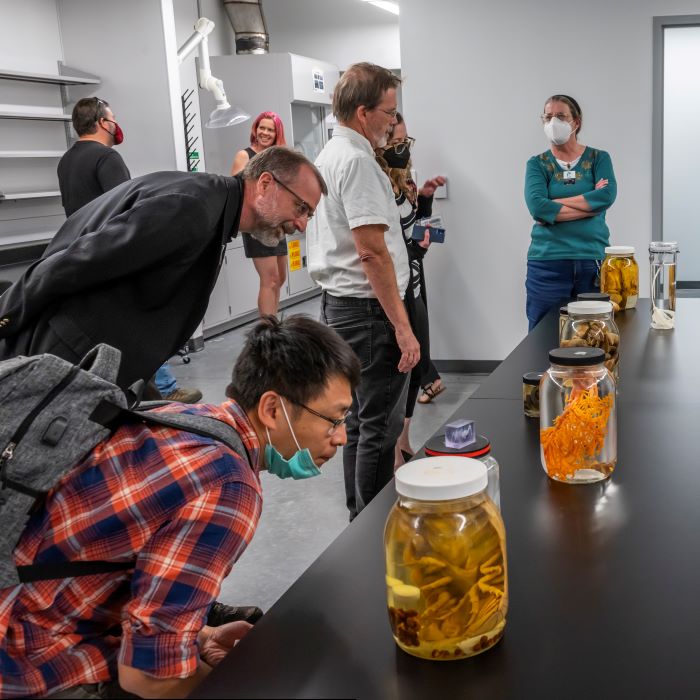
The new building advances the museum's mission to understand the natural world.